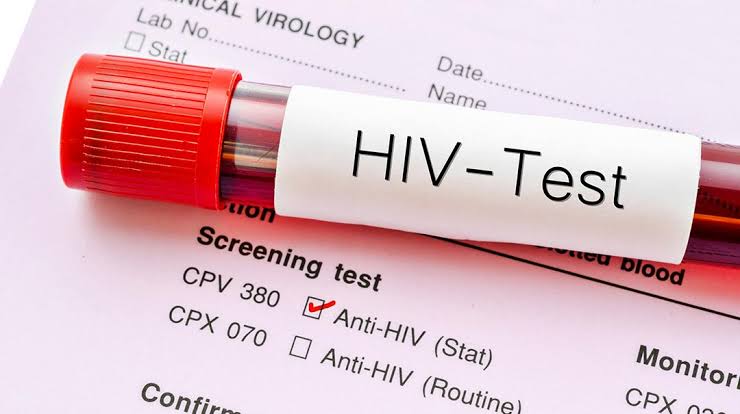Stakeholders urge women with HIV/AIDS to prioritise exclusive breastfeeding …C0NTINUE READING HERE >>>
Stakeholders on Wednesday urged women living with HIV/AIDS to practice exclusive breastfeeding to boost their babies’ immunity and protect them against diarrhoea and other childhood illnesses.
Helen Aphan, Assistant Secretary, Association of Women Living with HIV/AIDS, made the call while commemorating World Breastfeeding Week in Abuja.
The theme of the breastfeeding week is ‘Closing the Gap: Breastfeeding Support for All’.
Aphan said women from marginalised populations, such as those living with HIV/AIDS, often faced breastfeeding challenges due to concerns about mother-to-child transmission.
However, she revealed that this could be avoided and prevented with exclusive breastfeeding, as the virus is not transmitted through breast milk.
According to her, apart from the health benefits of exclusive breastfeeding for the child, it ensures that babies born to positive mothers live healthy lives with good nutritional outcomes.
“The structurally silent women who are often inadequately enlightened, we gather to reaffirm our commitment to promoting and supporting breastfeeding as the cornerstone of maternal and child health.
“Breastfeeding is exclusive only if you do it exclusively for six months without interference.
“As we observe the 2024 World Breastfeeding Day, we will discuss progress, challenges, and strategy as we ensure that every breastfeeding mother and child receives the support to thrive,” she said.
Beatrice Aluku, a nurse at Karu General Hospital, said that contrary to the belief that the child could be infected with the virus through breastfeeding, breast milk does not contain the HIV virus.
“Babies cannot be infected through exclusive breastfeeding except if there is a wound on the mother’s breast during breastfeeding.
“Women living with HIV/AIDS are not excluded from breastfeeding because it is very important to the mothers in terms of recuperating and returning to their pre-pregnancy state.
“It is important to the child because the child gains every nutrient and immunity needed from the mother.
“I advise HIV-infected mothers not to be scared of feeding your child for up to one year.
“The reason why you don’t breastfeed for more than one year is that at that stage, the baby’s teeth are out, and the baby can bite the mother, suck on the blood, and end up getting infected,” she said.
Also, Dr Temitope Ilori, Director-General, National Agency for the Control of AIDS (NACA), noted the crucial role community-based initiatives play in reaching grassroots women with information on breastfeeding benefits, especially for women living with HIV/AIDS.
Ilori, represented by Esther Ikomi, Deputy Director, Policy Planning and Coordination, NACA said “Breastfeeding support is essential for all mothers.”
Ojo Victoria, a participant at the event who exclusively breastfed three of her four children, said apart from saving cost, she had discovered that exclusive breastfeeding improved the health and intelligence of her children.
Alhaji Aminu Bako, Traditional Chief of Kuruduma community in the Federal Capital Territory (FCT), reiterated the commitment of traditional leaders to support grassroots initiatives seeking to better the lives of the populace.
>
